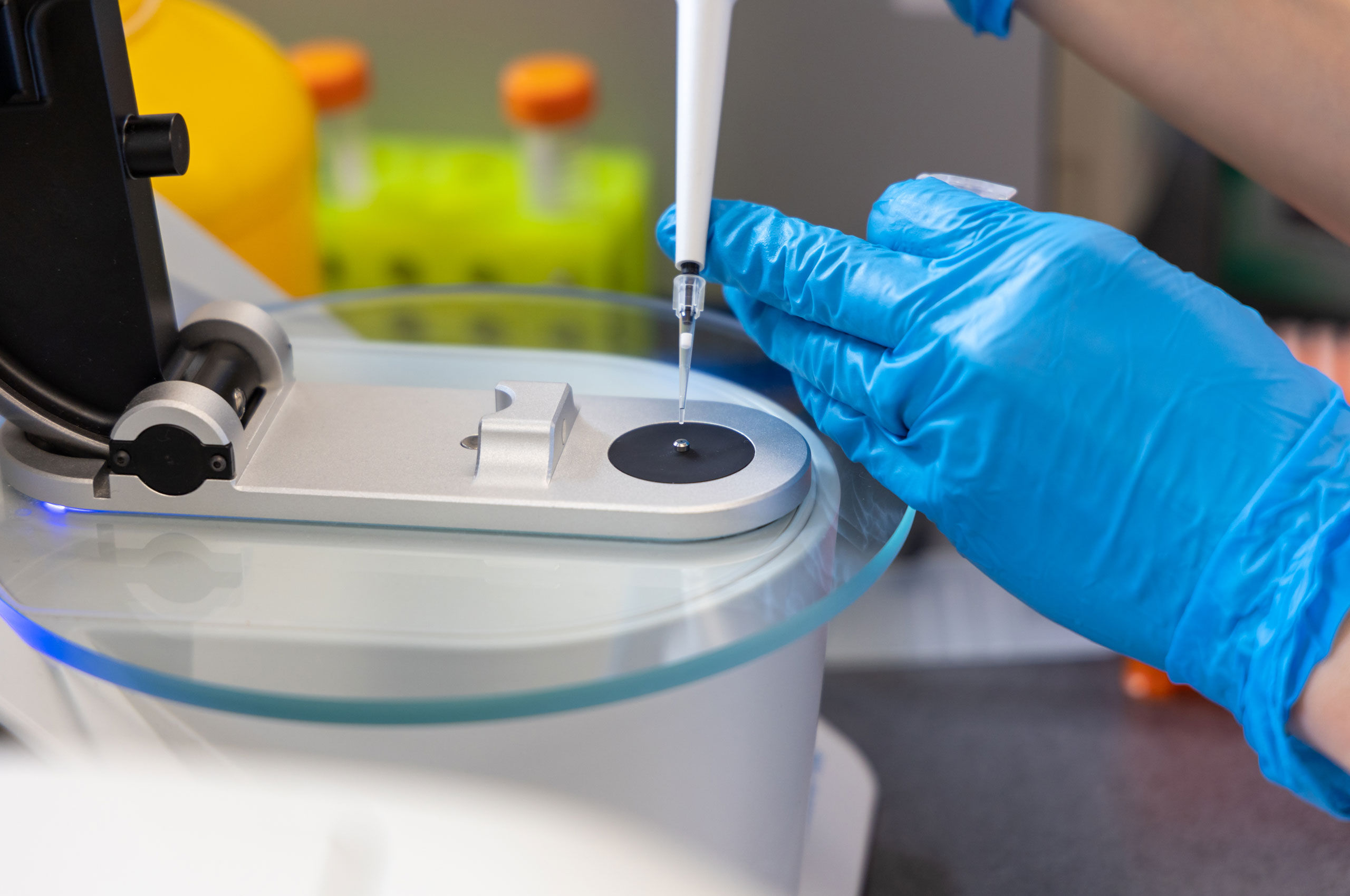Microbial Genetics and Interactions Research

This division is interested in the biology of phages, that is viruses that specifically infect bacteria.
This division is interested in the biology of phages (i.e. viruses that specifically infect bacteria). The team also examines the ways in which bacterial populations can be manipulated to control the spread of resistant bacteria in human infections, animal infections and the environment.
Research by the team has expanded our understanding of the role of phages in human health and their impact on the microbiome, including in cardiovascular disease. The team is also analysing the mechanisms involved in the spread of mobile genetic elements that confer antibiotic resistance from one bacterial species to another. Understanding the mechanism of DNA dissemination among bacteria may provide us with solutions on how to limit the emergence of antibiotic-resistant bacterial strains within the community.
Current Research Projects
This project aims to isolate phages responsible for the lysis of probiotic bacteria in the gut. Our preliminary data suggests that guts from hypertensive mice have an over-abundance of phages that lyse the probiotic bacteria, Faecalibacterium. We are currently trying to isolate phages from cultures of Faecalibacterium to prove that they are capable of disturbing the micriobiome and promoting hypertension in mice. Once this is established we then plan to devise strategies aimed at eliminating these phages from the gut environment in order to restore a healthy microbiome.
During routine screening of phages, our group serendipitously discovered at least five bacteria that behave like phages. These bacteria are small parasitic organisms that have lytic ability against their host bacteria, just like phages. This project aims to characterise the molecular mechanisms involved in the interactions of these parasitic bacteria with their hosts. Understanding these mechanism could lead to the development of novel antibiotic therapies for the treatment of human diseases.
This project investigates ways in which antibiotic resistance genes move from one bacterial cell to another. Antibiotic resistance genes are naturally found in certain bacteria and encode proteins that allow them to move from one cell to another. The project seeks to understand the molecular mechanisms involved in the movement of such ‘mobile genetic elements’ and to determine ways in which we can prevent their movement. This could lead to novel ways to reduce the emergence and spread of antibiotic-resistant bacterial strains through the community.
Team members
- Associate Professor Steve Petrovski (Division Head)
- Dr Mark Chan (PhD Student)
- Ms Shalini Kunhikannan (PhD Student)
- Mr Jayson Rose (PhD Student)
- Ms Cassandra Stanton (PhD Student)
- Ms Mia Bettio (Masters Student)
- Ms Kelsey Maloney (Masters Student)
- Mr Wilson Gauci (Honours Student)
- Mr Jarrod Martins (Honours Student)
- Ms Mikaela Whitty (Honours Student)